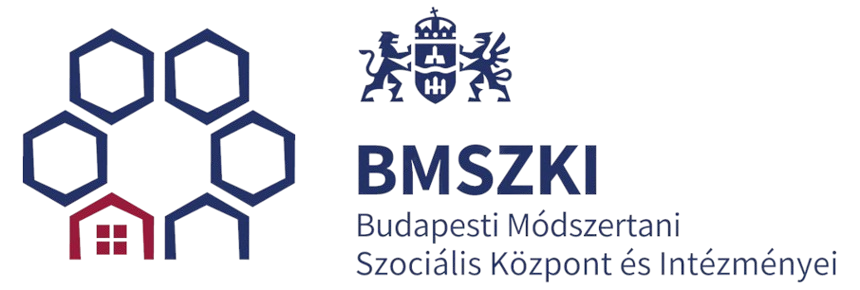Aims of the project
BMSZKI’s First Step project aimed to develop the employability, promote independent living and social integration of 67 homeless people with low chances and limited employment opportunities on the labour-market through personal development plans and social work (individual case-work and group social work).
More specifically:
Target group of the project
In accordance with the grant application requirements, the target group of the project consists of homeless people who are over 18 years old when joining the project, not reaching old age pension within 5 years, are inactive or registered job-seekers not receiving unemployment benefit, have low qualifications or do not have an up-to-date vocation.
Primary target group:
Services and activities aiming to develop employability and independent life skills of the target group
A wide range of services and activities promoting employability (individual and group social work, individual development, group trainings, etc.) is offered to users engaged in the program. Members of the target group can take part in group sessions twice a week and two kinds of individual development sessions on the average. This does not mean that participation in four sessions a week is obligatory for all users, but some people can take part in more developmental activities if they wish – according to their personal development plan (their needs and capacity).
During the project the following activities are implemented:
Follow-up of users
Duration of the follow-up period is 6 months. The social worker responsible for follow-up can be the earlier case manager or any other support worker who took part in the development plan of the user and was present in at least one of the case discussions.
Upon closing and evaluating the development plan a new agreement is made with the user in which further steps of social work are laid down. In this phase we intend to provide help in a decreasing manner when possible, but in all cases we consider the current needs of the user. Decreasing manner means a decreasing number of monthly meetings and, parallelly, decreasing institutional help which enables the user to evolve their independent living.
